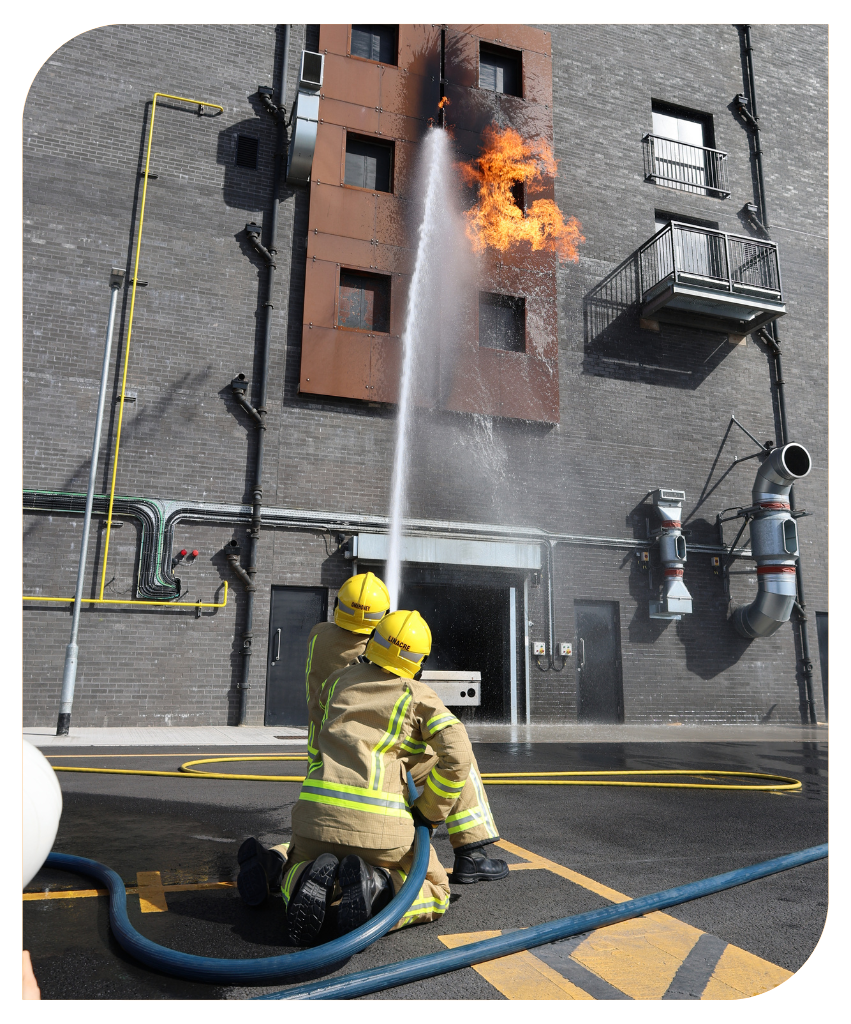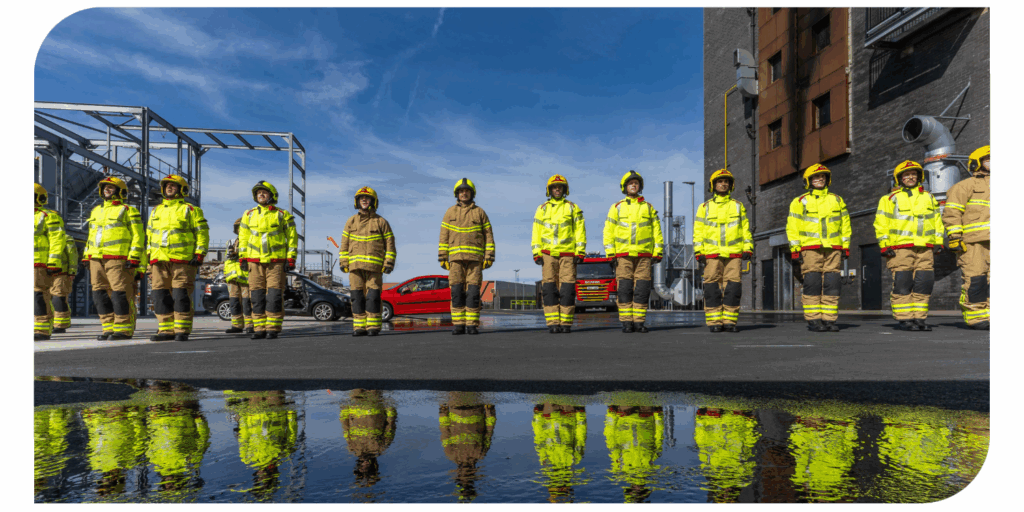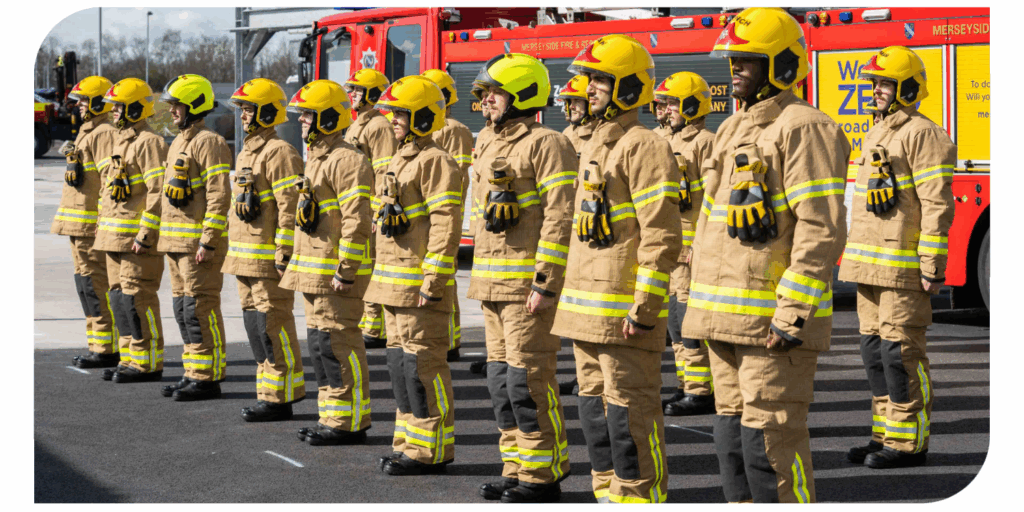Since launching its apprenticeship programme in 2019, Merseyside Fire & Rescue Service (MFRS) has embedded apprenticeships into the heart of its workforce strategy. Covering a broad range of roles – from operational firefighters to emergency contact handling, business administration to vehicle maintenance – the programme has welcomed over 250 apprentices to date. With nearly 90 active apprentices MFRS continues to develop skilled, confident professionals committed to public service.


The operational environment
Like many public service organisations, MFRS faces the challenge of maintaining a highly skilled operational workforce while responding to evolving community needs and increasing demand. This includes improving response capacity, boosting internal skills development, and reflecting the diversity of the communities it serves. MFRS needed a workforce model that not only brought in new talent, but also nurtured and retained it – all while meeting the high standards expected of the fire and rescue sector.
Using a pro-active, apprenticeship-led approach
MFRS has strategically integrated apprenticeships across the organisation, ensuring high-quality training, structured development, and real-world experience. Key elements of their approach include:
- High standards of training delivery: Graded as ‘Outstanding’ for personal development by Ofsted, MFRS apprentices regularly go beyond curriculum expectations. Their fire control apprentices have a success rate of 100% first-time pass rate, with 96% of them achieving distinction .
- Operational contribution: Apprentices play an active role in incident response and support. MFRS attend around 18,000 incidents per year, with apprentices contributing across both operational and support functions.
- Pathways for progression: MFRS uses apprenticeships not only to onboard new talent, but also to upskill existing staff in specialist areas such as coaching, HR, and procurement . Apprentices have gone on to leadership roles, progressing through the ranks from firefighter to station manager.
- Community engagement and representation: Apprentices support safety education through school visits, residential outreach, and public awareness events. Their involvement helps strengthen local relationships and widen the reach of community safety programmes. Recruitment is also designed with inclusivity in mind – with apprentices supporting efforts to attract candidates from underrepresented groups.
- External recognition: In 2025, MFRS was named Apprenticeship Provider of the Year at the National Fire Chiefs Council (NFCC) Apprenticeship Awards, a testament to their commitment to excellence. They have also been shortlisted for the 2025 National Apprenticeship and Skills Awards, run by the Department for Education.
Quality echoed at every stage of the apprenticeship journey
Not only do MFRS achieve success through their commitment to the apprenticeship pathway and providing excellent learning opportunities, but they’re underpinned by robust and expert assessment processes. Rigorous, tailored assessments enable MFRS to benchmark their outcomes against sector-wide expectations. Detailed feedback and structured assessment planning have helped MFRS continuously improve delivery and maintain high pass rates – including a 96% distinction rate achieved by their fire control apprentices.

Our External Quality Assurers (EQAs) , assessors, and End-Point Assessment team, work hand in hand to make sure that apprentices have the skills and knowledge required to reach gateway and progress on to certification. This collaboration has supported MFRS in preparing apprentices for high-stakes operating environments, ensuring learners are confident, capable, and ready to perform under pressure – both during their EPA and beyond.
The results
- Over 250 apprentices trained or in training since 2019.
- 100% first-time EPA pass rate for fire control apprentices, with 96% distinction.
- Significant contribution to around 18,000 incidents per year.
- Apprentices progressing to crew, watch, and station manager roles.
- ‘Outstanding’ Ofsted grade in personal development and behaviour.
- National recognition from the NFCC National Apprenticeship Awards.
- A growing apprenticeship programme covering operational firefighting, emergency contact handling, community safety, business administration, facilities management, motor vehicle maintenance and more.

Looking ahead
MFRS’s apprenticeship programme has become a cornerstone of their workforce strategy – blending recruitment, development, and community impact. SFJ Awards is proud to offer strategic partnership that positions the service to continue delivering excellence in public safety, while developing a future workforce that embodies the diversity, resilience, and capability needed to meet the challenges ahead.



